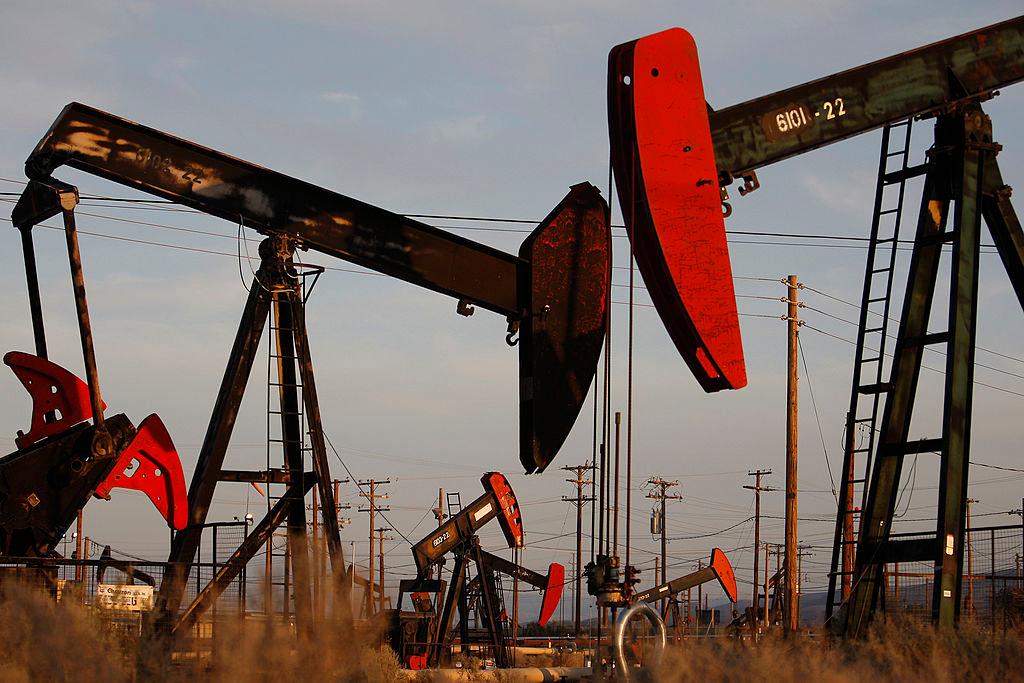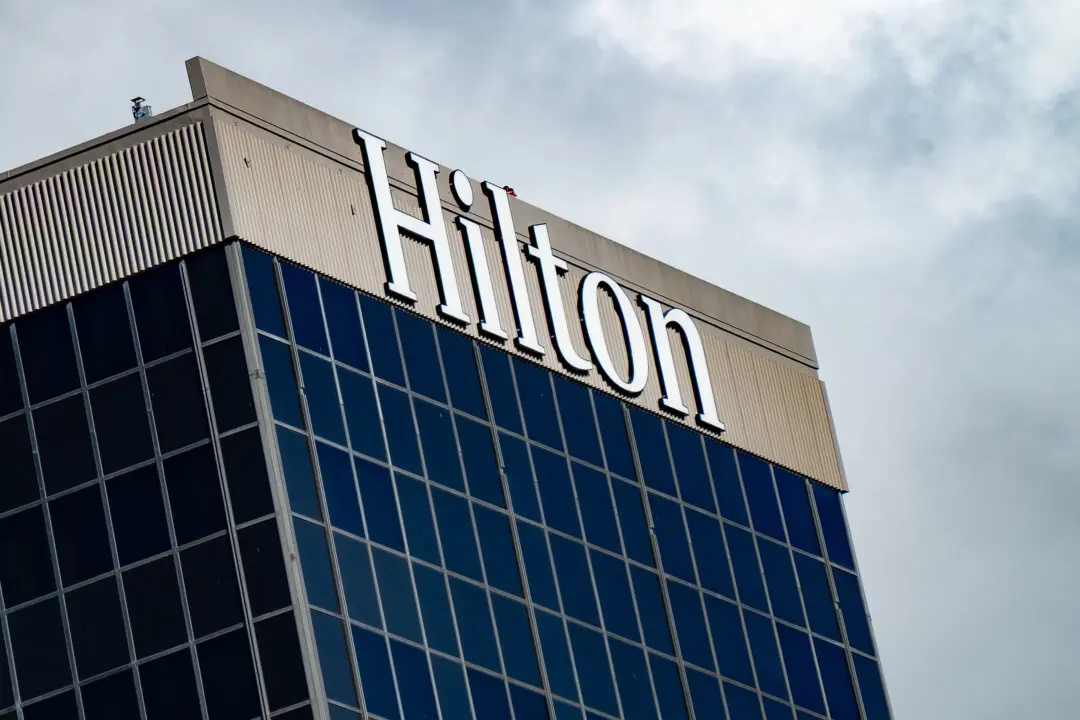Environmental groups trying to halt hydraulic fracturing, or fracking, in California have banded together to sue the Trump administration, claiming the oil and gas extraction method harms climate, water, and wildlife, and could even trigger earthquakes.
The lawsuit, filed in U.S. District Court in Los Angeles on Jan. 14, follows a Dec. 12, 2019, decision by the Bureau of Land Management (BLM) that leaves more than a million acres of public lands in California open to oil and gas extraction.





